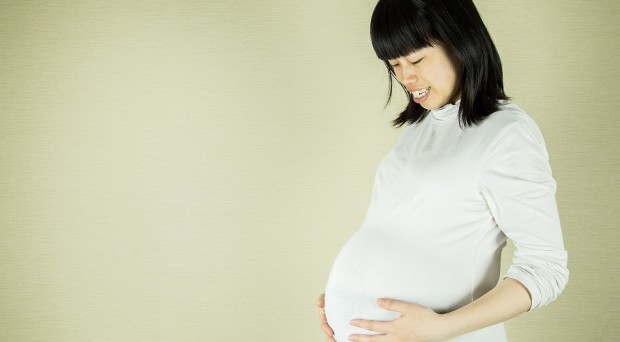
The media plays an important role in providing us with information about a range of topics and issues, including pregnancy and childbirth. The visual media, such as television, can provide planned information (education), for example in documentaries, advertising and the news.
But the information can also be unplanned (through socialization), for example through the way issues are portrayed in soap operas, fly-on-the-wall programs, panel shows and dramas.
The influence on first-time pregnant women
There has been a considerable debate on the influence the media can have on first-time pregnant women. Much of the academic literature discusses the influence of (reality) television, which often portrays childbirth as risky, dramatic and painful.
In reality most of pregnancy and childbirth is slow, relatively ‘uneventful’, waiting for labor to progress, and so on. Therefore, normal childbirth is not great for visual media such as television.
There is anecdotal evidence to suggest that the dramatic portrayal of childbirth has a negative effect on childbirth in society, generating fear of childbirth.
There is anecdotal evidence to suggest that the dramatic portrayal of childbirth has a negative effect on childbirth in society, generating fear of childbirth through the increasing anticipation of negative outcomes.
At the same time it has been suggested that women seek out such programs to help understand what could happen during the birth.
The role of the media
In the distant past these women would have had information from their mothers and sisters and would probably have seen childbirth in the family. In the more recent past women would have gone to books for advice, rather than the media.
At the same time, we are very well aware that blaming the media for anything and everything is very easy. Such views do not take into consideration that the media are as much a reflection of society as influencing it.
We found as media and health researchers that the impact the media have on normal birth hasn’t been explored previously. Therefore, we conducted a scoping review relating to the representation of childbirth in the mass media, particularly on television.
What did we find?
It appears that the media influence how women engage with childbirth. Moreover, the dramatic television portrayal of birth may perpetuate the medicalization of childbirth, and that portrayals of normal birth are often missing in the popular media.
Our study in BMC Pregnancy & Childbirth identified three key themes in the academic literature; medicalization of childbirth; women using media to learn about childbirth; and thirdly, birth as a missing everyday life event.
According to our results, it appears that the media influence how women engage with childbirth. Moreover, the dramatic television portrayal of birth may perpetuate the medicalization of childbirth, and that portrayals of normal birth are often missing in the popular media.
We conclude that midwives need to engage with television producers to improve the representation of midwifery and maternity in the media. On reflection, we also think this advice should perhaps be extended to pressure groups working to improve maternity care.
One Comment